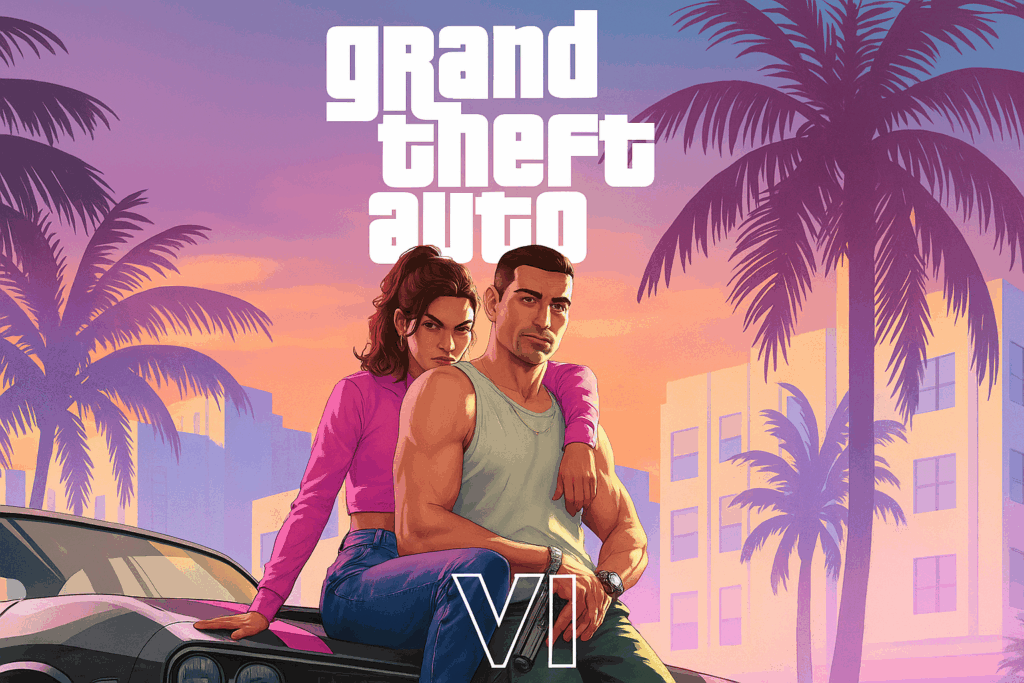Another Grand Theft Auto VI launch delay has sparked familiar frustration. Beneath the ire lies a hard-learned industry lesson. Developer Rockstar Games now expects a release on Nov. 19, 2026, marking a second major delay.
In a statement, Rockstar explained the extra months are required to “finish the game with the level of polish you have come to expect and deserve.” The sequel is set in a fictional U.S. state inspired by Florida. It promises cityscapes and crime stories on a scale to match, if not exceed, its predecessor’s massive success.
The decision to delay again immediately calls to mind a widely cited industry saying: “A delayed game is eventually good, but a game shipped early is bad forever.” This quote, often attributed to Shigeru Miyamoto, though its origin is unclear, expresses a core industry belief that prioritizing quality over impatience leads to better outcomes.
That truth is underscored by the trajectory of Cyberpunk 2077, developed by CD Projekt Red. The game was initially heralded as a generational leap. It launched amid catastrophic glitches and console-performance issues. As the studio’s co-founder later conceded, their approach “was the wrong approach” for last-gen consoles.
Weeks and months of post-launch patches followed. The game gradually recovered, re-earning goodwill and achieving a kind of redemption. This turnaround only occurred because of the lengthy process of fixes. “Our greatest achievement was fixing our biggest fuck-up,” wrote one community member in a post-mortem thread.
Rockstar’s delay now may appear cautious — or even conservative — in this context. One message of support came from Cyberpunk’s official account on social media, quoting an earlier tweet promising “No more delays are happening.” That may have been tongue-in-cheek. Still, the echo is unmistakable: the cost of launching early and broken remains high.
Delayed launches hurt optics. For eager fans, another six months feels like lost time. One streamer joked, “I’ll be 50 before this game comes out. I might have kids, I might have a wife.” The yearning is real beneath the humor.
On the business side, the stakes are enormous. Grand Theft Auto V has sold more than 220 million copies. It remains one of the best-selling games of all time. The sequel is projected to be a generational moment. Missing the mark would not simply be a misfiring boxed game; it would be a reputational blow to an iconic franchise.
Moreover, the context is not free of tension. Just weeks before the delay announcement, Rockstar fired over 30 employees at its U.K. operations. This move sparked accusations of union-busting by labour organisers. The irony is acute: a developer postponing a release to ensure quality, while simultaneously facing scrutiny over internal culture and staff treatment.
The production realities of huge open-world games today are brutal. Budgets are escalating. Teams are global. Studios must deliver across current- and next-gen consoles. The option of simply shipping incomplete work is increasingly untenable. One industry watcher noted: Studios need the game to be great and more time makes that more likely.”
For fans, the core decision is clear: a polished, bug-free game is worth waiting for, while premature releases lead to disappointment. Rockstar’s choice reflects this preference in the gaming community.
Nonetheless, execution remains everything. The added delay raises cost and compresses the window before launch marketing begins. It gives more time, but also heightens expectations and increases pressure. As CD Projekt’s past shows, recovery is possible — but only with consistent follow-through.
Ultimately, the decision to delay signals discipline and respect for quality, not indecision, especially for a title set to capture global attention. While frustration is understandable, the extended timeline is intended to ensure success rather than risk a flawed launch.
When Grand Theft Auto VI finally arrives, it won’t just be another release—it will be an event. The wait may be long, but the payoff could match every extra second.


